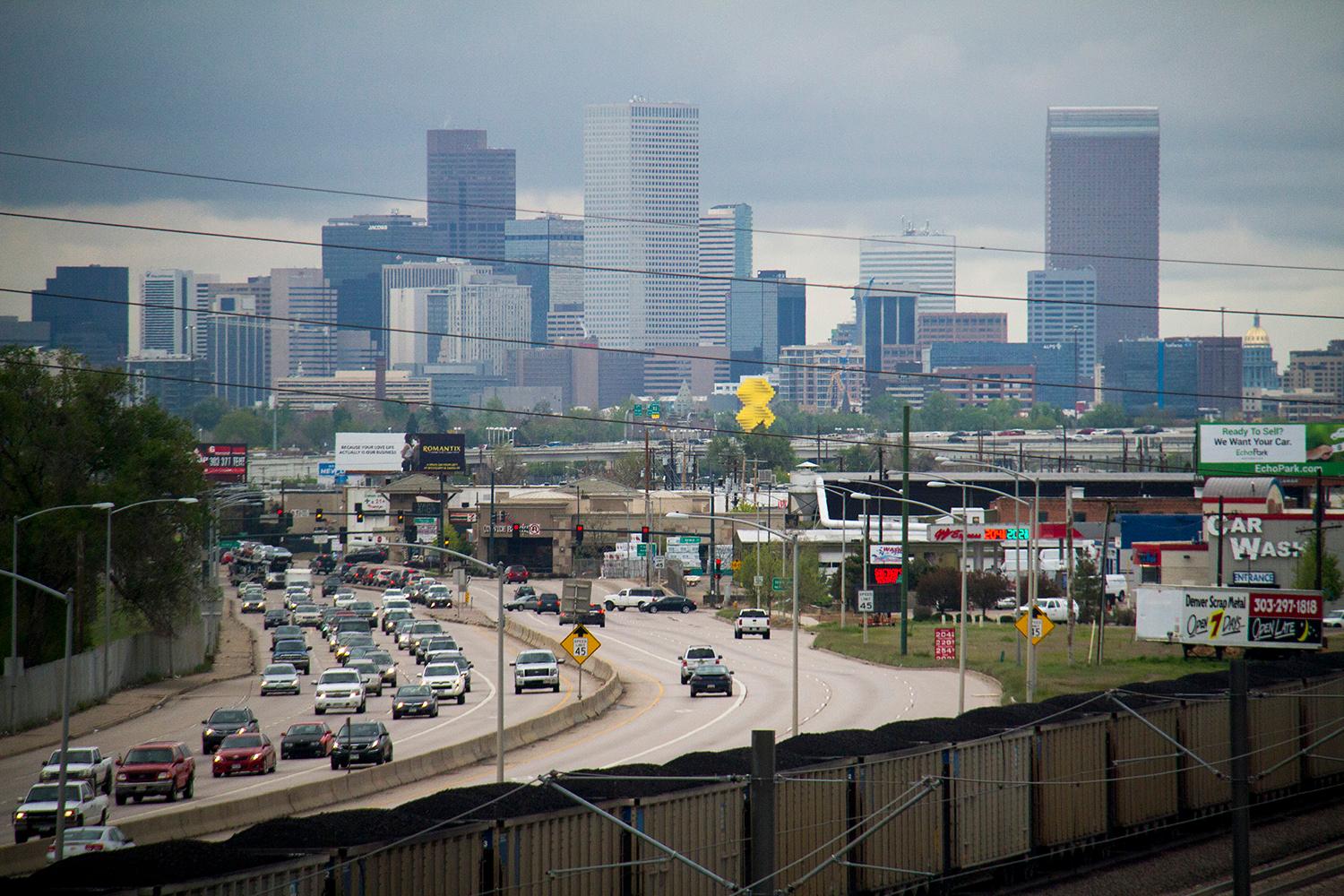
State leaders from CDOT Executive Director Shailen Bhatt to Denver Mayor Michael Hancock have been eager to see self-driving cars come to Colorado. State law, on the other hand, has been a bit more ambivalent.
Namely, there is no state law around these highly autonomous vehicles. While officials have said that means "go," some car manufacturers haven't felt comfortable with the ambiguity.
Enter state Senate Bill 213. As currently written, the bill would permit automated driving systems if they can adhere to current state and federal law. Furthermore, the bill declares automated driving to be a state concern and therefore prohibits local authorities from regulating it.
It's really as simple as that
There's also a provision that essentially allows self-driving cars to be on the road if they coordinate with CDOT and the Colorado State Patrol.
Other than that, there's really not much else in this bill. It's only four pages long. Contrast that with the recent transportation funding bill, which is 40 pages long.
Heck, the section that discusses the merits of self-driving cars is only about 200 words shorter than the new law itself.
As such, this legislation on its own doesn't do much to advance or contradict the model for state policy as set out by the Department of Transportation. But consider CDOT's existing Road X program, and Colorado at least meets the federal government's suggestion that state policy around self-driving cars should have a lead agency.
What people are saying
Speaking of CDOT, the organization generally supports the bill. Spokesperson Amy Ford says it's mostly about codifying the existing expectations about self-driving cars in Colorado and creating some definitions for what autonomous vehicles are.
"Some in the auto industry will say this creates that baseline so they know what they can do as they work with us. Others will say, 'Hey I don't think that we need that because we're going to continue work with you guys anyway,'" she said. "But we certainly think having the definitions won't hurt."
Another organization supporting the bill is the Colorado Farm Bureau. Shawn Martini, vice president of advocacy for the group, explained that their support is mostly to advance autonomous driving technology and less about the particulars of the bill.
"A lot of our members have been implementing these types of technologies in their tractors in the field for a lot of years," he said. "So we see autonomous vehicle technologies as a way to help ease the pressures on our transportation system, to help ease environmental concerns with air emissions and the like and also a way to take a technology that we know is proven and we've been using for years and to help move that into other areas of the economy."
Officially, a few city and county groups have lobbyists monitoring the bill. No organizations employed lobbyists who are against the bill.
Next steps
If Colorado passes this bill, the state will join 14 others that have rules governing self-driving cars.
The bill will be discussed by the legislature's transportation committee on Thursday.













